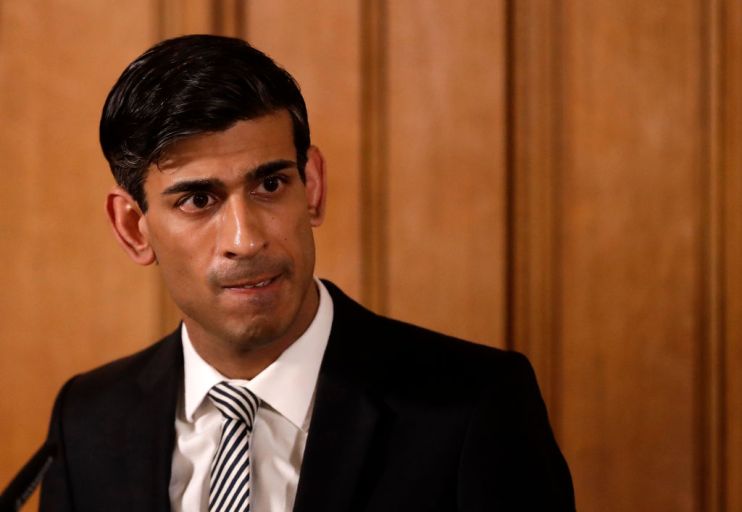Coronavirus: Rishi Sunak leaves door open for ‘helicopter money’ strategies

A wave of government cash handouts could be given to individuals and businesses if the scale of the economic downturn from coronavirus is worse than expected, according to Rishi Sunak.
Sunak told the Treasury Select Committee he was “looking at every tool” to weather the economic storm and that “more macroeconomic, economy-wide solutions than targeted solutions” may be needed to cope with the economic fallout.
The chancellor spoke at the committee today to face questions about his £350bn stimulus package to assist businesses affected by the coronavirus outbreak.
His package of measures is underpinned by £330bn of loans on “attractive terms” to help businesses manage their cash flows, a three-month mortgage holiday for property owners and some cash grants.
However, some have called for there to be more widespread and direct fiscal intervention in the form of so-called “helicopter money” or a universal basic income.
When asked if he would consider giving out cash grants through a “reverse national insurance” scheme, Sunak said the government could go down that road if the economy gets bad enough.
He said: “Whatever delivery mechanism we choose [needs to] be implemented very quickly, because time is of the essence, and also be as targeted as possible.
“Obviously as the scale of what we’re grappling with increases then you are left at looking more macroeconomic, economy-wide solutions than targeted solutions.
“We are looking at every tool as we speak.”
Calls for direct payments in the form of a universal basic income, where the government gives everyone a no strings attached payment, have grown in the past week and Bank of England governor Andrew Bailey today said it could not be ruled out.
Dr Daniel Susskind, a fellow in economics at the University of Oxford, today wrote in the Financial Times that “traditional policy instruments cannot reach” workers or local businesses.
“Providing everyone in the UK with £1,000 per month would give a direct and instantaneous burst of financial relief to the millions who find themselves unable to make basic ends meet,” he said.
However, the approach has been derided by free market think tank the Adam Smith Institute.
The think tank’s head of research Matthew Lesh said: “We don’t need people to go out spending — we are rightly asking them to stay home to stop the spread of a virus.
“Taxpayer support should be targeted at those who need it the most to get through this challenging time, not given out indiscriminately to many who have no specific need.”